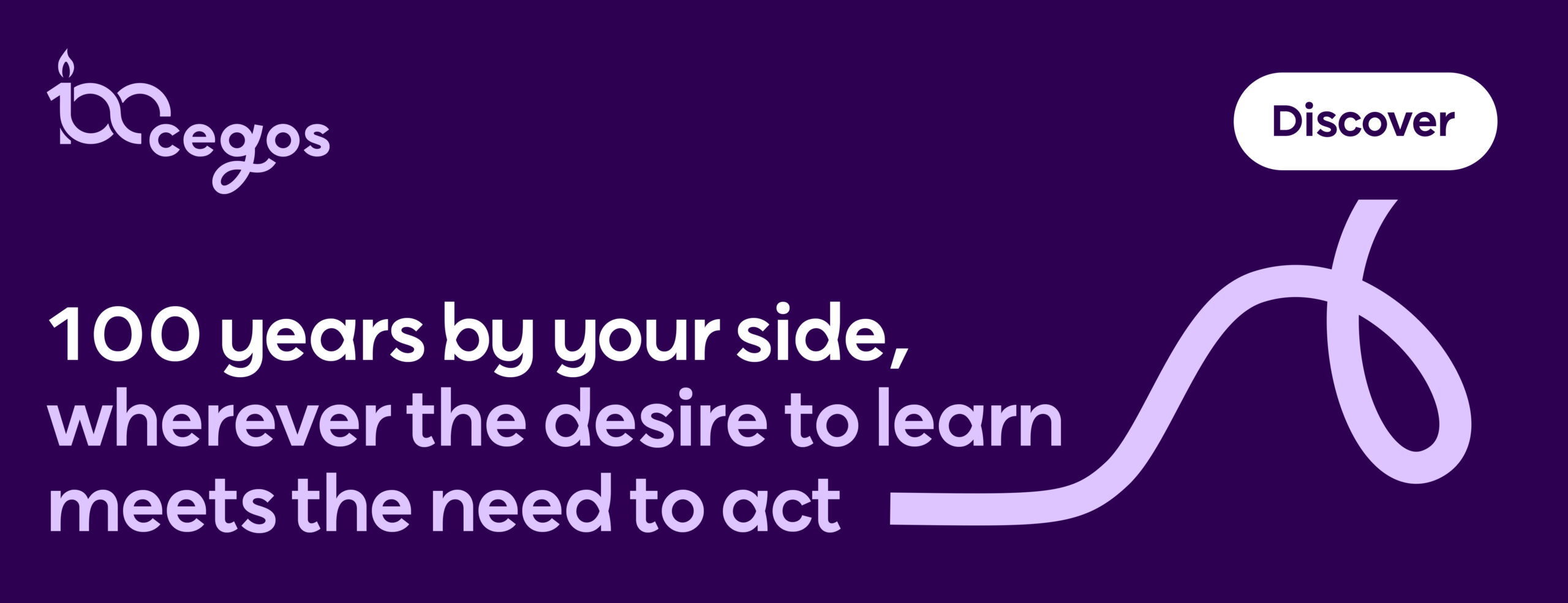

Artificial Intelligence has developed at amazing speed over the last decade. Today, we interact with chatbots and other AI-powered technology without even realising it. There is no doubt that AI will change the way we teach and learn over the coming years, which is why companies must learn how to utilise AI in their training programmes for optimum effect.
So, how will AI affect you and your organisation?
Cegos has published several articles on the subject on our Global Learning & Development blog.
When artificial intelligence takes over training
We begin with an overview of what AI actually is and how it will impact the training process over the next few years. From the learner’s point of view, AI leads to a more personalised learning journey. Trainers on the other hand will say goodbye to all the tedious tasks that do not add value. They will instead adopt more of a coaching/mentoring role and focus on human interaction.
Three ways to use AI in training
AI plays a significant role in automation. At the most sophisticated end of the spectrum, it also has the ability to learn and adapt. Our second blog looks at how algorithms can offer personalised content depending on what the learner needs and how they respond to training pedagogy. AI can even detect the learning style of the participant, adjusting responses and delivering training to align with that style.
New AI-powered learning buddies are emerging
In our third post, we look at the future role of the learning buddy. And, no, we do not mean a work colleague or friend who you share learning with. We mean a bot that guides you through your professional development, suggesting courses, building your learning portfolio and providing valuable feedback. They’ll even detect when you’re sleepy and suggest study times that fit with your circadian rhythms!
Download the white paper "Artificial intelligence & learning" here.
Discover the five missions of the learning companion
We then delve deeper into the five missions of the learning companion. AI is constantly evolving, so how exactly will these digital learning buddies help us develop our skills and influence our career paths? In fact, the technology is already part of our lives, from virtual personal assistants like Alexa to automated recruitment tools.
How will AI change the trainer’s job?
World leading chess player, Garry Kasparov, says that the best teams today are no longer human or robotic, but a mixture of humans and robots. After all, we are in the middle of the fourth Industrial Revolution, so it seems that the digital and human mix will be a big part of the future. What does this mean for trainers? Are they in danger of being replaced altogether? In our fifth blog, we explore the changing role of the trainer in the age of AI. Thankfully, we won’t be discarding the human trainer just yet. No matter how sophisticated the technology, learners still need the human touch to motivate and guide their development.
How to combine ethics and AI in the training sector?
Science fiction has plenty of stories about robots disobeying their masters, causing havoc and destruction. This may seem fantastical. However, as we give more power to machines and increase their ability to learn through interactions with humans, we must address ethical concerns. In our final blog on AI, we look at how to avoid scenarios where robots make poor decisions that prevent people learning effectively or, in the worst-case, cause us harm. A fascinating topic.
AI will no doubt play an increasingly important role in our learning culture. Since the pandemic, many companies want to train their staff online. It is therefore imperative that training providers embrace the latest tools to create the best learning experience they can.
If you would like to know more about how AI will influence learning and professional development, you can download our free white paper here.










